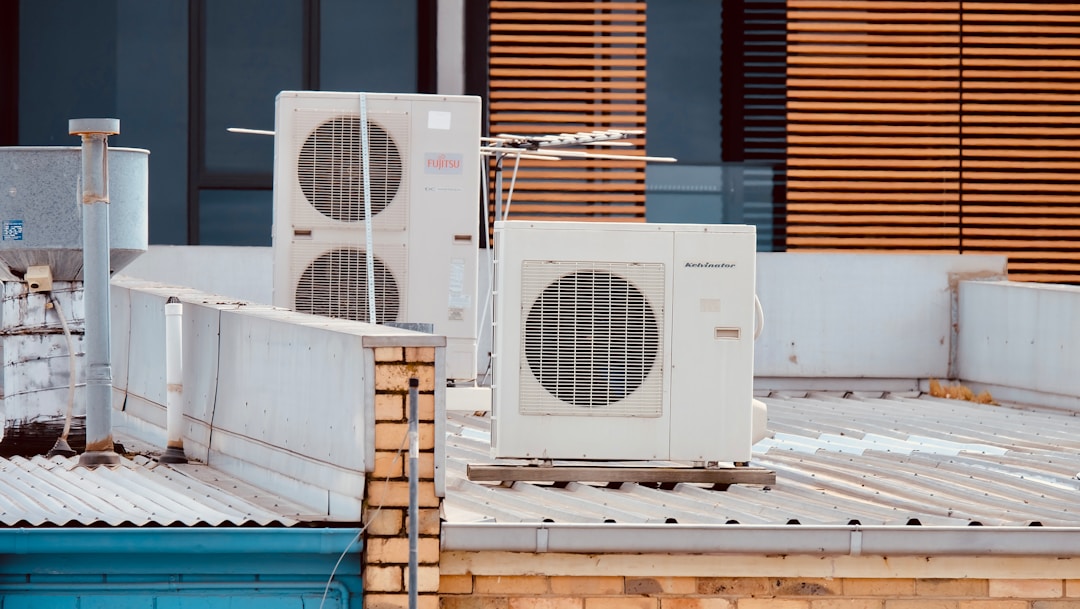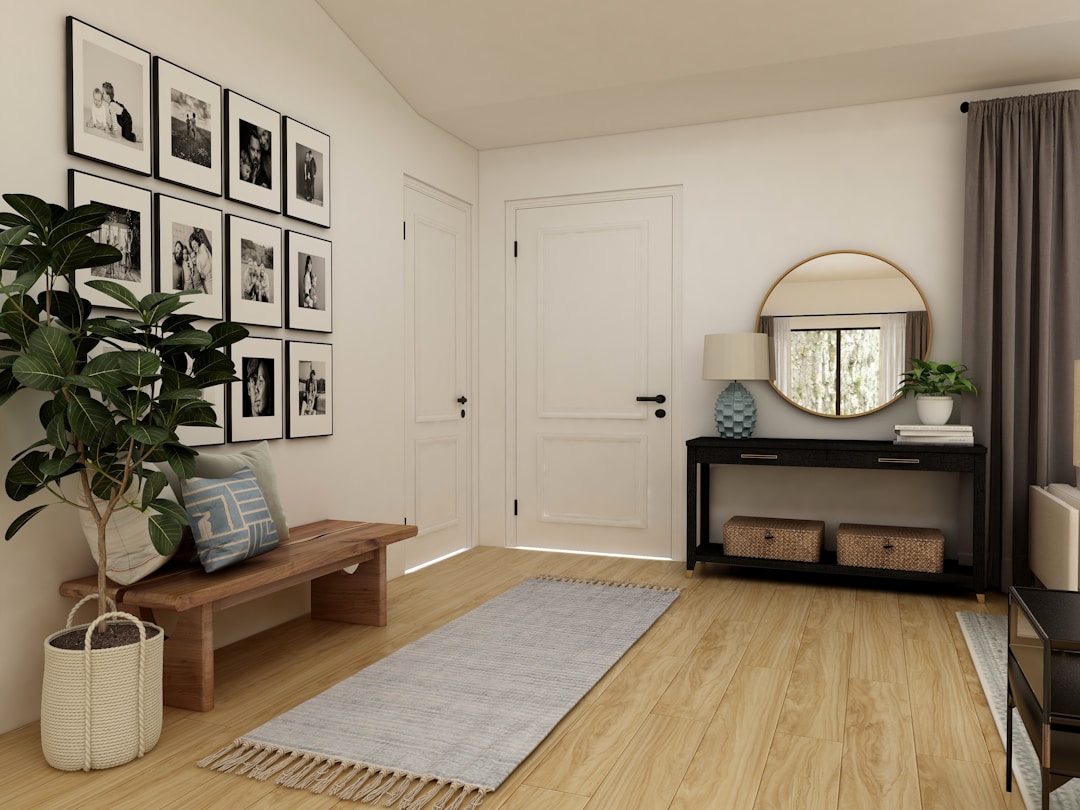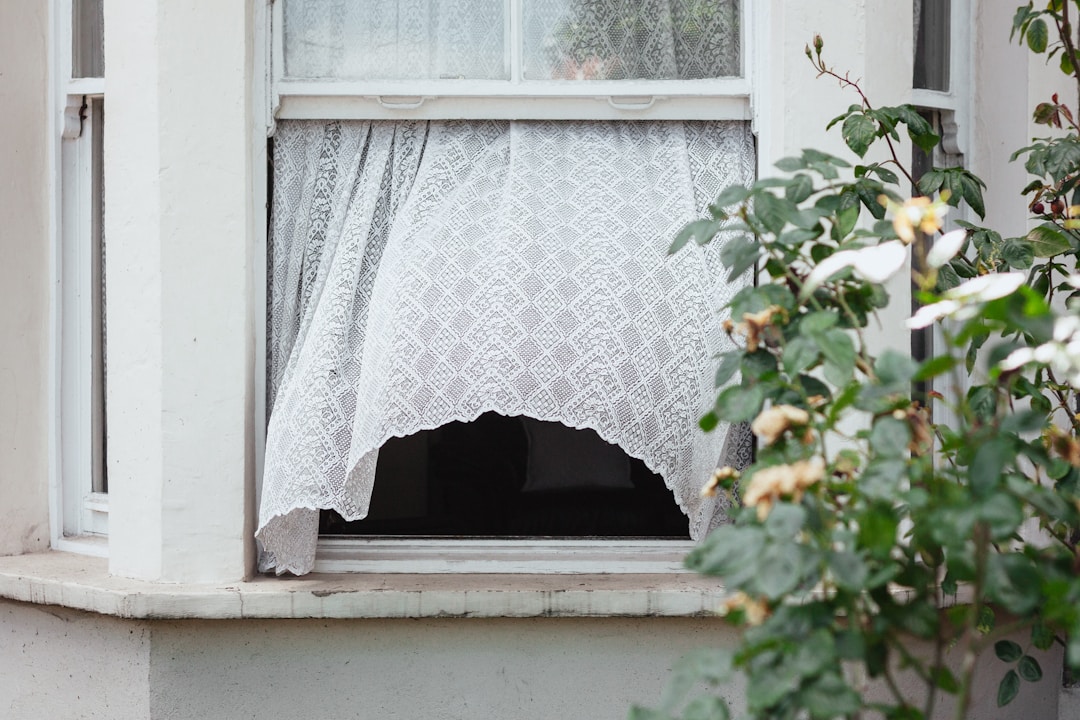While there are many responsibilities that come with owning a home or a business, creating a safe and comfortable environment should always be one of your highest priorities. When it comes to safety indoors, it’s essential that you don’t overlook the importance of maintaining the quality of your indoor air. There are many risks to not doing so, both to your home and to your health.
Poor temperature regulation and lack of airflow can make your house uncomfortable, but more importantly, contaminants and pollutants in the air can cause medical problems ranging from headaches and nausea to certain types of cancer. If you want to make sure your home is healthy, read on for five great tips on how to improve your indoor air quality.
1. Change your HVAC filter.

One of the easiest ways to improve your indoor air quality is to have your HVAC’s filter changed. Experts recommend having the filter changed every 90 days, so if it’s been longer than that, a dirty filter could be the culprit for any air quality problems indoors. You should also have your HVAC system inspected at least once annually to ensure that it’s in good working order. If your heating, ventilation, and air conditioning systems aren’t operating at peak efficiency, the effects can range from poor temperature regulation to the increased presence of pollutants, allergens, and other toxins that can be present in the indoor air.
2. Keep your home smoke-free.

Making your home smoke-free is a simple step you can take to eliminate pollutants in the air, in addition to reducing the presence of unpleasant odors. Secondhand smoke can cause property damage and create serious health risks for everyone in your home. It increases your risk of respiratory and cardiovascular issues. While it can be hard to kick the habit, the least you can do if you’re a smoker is step outside when you need to.
3. Clean your floors regularly.

It’s important that you vacuum any carpets and rugs at least once per week, preferably with a vacuum that has a HEPA filter. Carpets can easily accumulate pet dander, dust, and other common allergens and toxins. If you have a serious allergy problem, opting for hardwood floors instead of carpet can reduce the presence of allergens and make your flooring easier to maintain. Clutter on the floors can also trap dust and other dirt, so make sure you keep your home clean.
4. Test for radon.

If you’re unfamiliar, radon is a colorless and odorless gas that comes from the natural decay of uranium and is found in nearly all soils. These problems can appear in both newer and older homes. Radon is the second leading cause of lung cancer in the United States, so having high levels of radon in your home should definitely be avoided at all costs. Granite countertops can also emit low levels of radon, though most agree the levels are not high enough to cause serious harm on their own. Still, it’s always best to have someone test the radon levels in your home.
5. Let in more fresh air.

Opening your windows allow fresh air to move through your home, even in the winter. While those with significant outdoor allergies may want to be careful during allergy season, fresh air is one of the best ways to circulate clean air through your home quickly. You should also open windows and turn on the fan when you’re in the kitchen to help move potential air contaminants and cooking fumes towards the outdoors.
Maintaining the quality of the air in your home should be a priority for every homeowner, and there are plenty of simple household tasks that can help. From ensuring you change filters on your HVAC to testing for more serious chemical problems like the presence of radon, you can minimize the amount of air pollution in your home significantly. Keeping the air quality high in your home will keep your residence more comfortable, in addition to reducing your risk for serious medical problems caused by polluted or dirty indoor air. Given how serious the negative effects of poor air quality are, it’s well worth the time and effort to ensure that the air in your home is healthy and safe for everyone in your family to breathe.